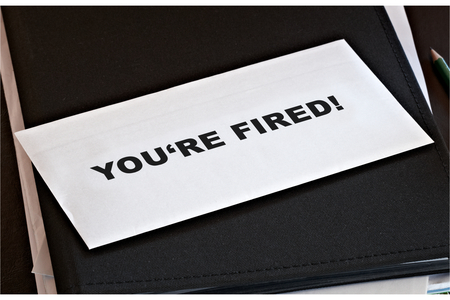When BigLaw Keeps Preferring Top-Tier Schools, Innovation Suffers
Not surprising to many of the beleaguered in the profession, only 8 percent of 2011 law school graduates landed jobs at firms with more than 250 attorneys, according to figures released by the American Bar Association last week.
While the data reflects the stringent job market, it’s certain to shock the nearly 40 percent of respondents to a Kaplan Test Prep survey who said they hoped to work in a large law firm after graduation.
Quoting Frank Wu, dean of the University of California Hastings College of the Law, the Wall Street Journal Law Blog wrote, “The expectations about law school have long been out of whack.” (The blog also tracked the top feeder schools for BigLaw jobs in 2011, finding grads from the Northeast were twice as likely to land those gigs.)
But when did the perceptions of would-be law grads begin to diverge so far from reality? And what impact will Big Law’s continued allegiance to top-ranked schools have on the future of the profession?
As Indiana University law prof Bill Henderson and I report in the ABA Journal’s July cover story, “The Pedigree Problem,” between 1950 and 1965, 73 percent of lawyers hired in New York City law firms attended Harvard, Yale or Columbia, according to professors Richard Sander at UCLA School of Law and Jane Yakowitz at Brooklyn Law School.
The founders of New York City’s white-shoe firms favored graduates from these Ivy League schools, along with so-called national law schools including the universities of Virginia and Michigan, for good reasons: They required extensive undergraduate education, their courses of study were full time and taught by scholarly faculty, and they tended to admit students well-connected to the commercial world.
Today’s data show that the largest U.S. law firms still compete for the highest possible percentage of hires among elite law school graduates to signal a place in the pecking order of firm prestige. However, unlike their predecessors, this preference is largely rooted in vanity and identity, as new statistics show current law school rankings (largely based on LSAT scores and undergraduate GPAs) do not accurately foretell lawyer success.
“This near obsession with pedigree is not only paralyzing to the career prospects of individual lawyers; it is damaging to the entire profession,” our article reports. “Legal educators, engulfed in turmoil over skyrocketing tuition rates and dwindling job prospects for graduates, have little incentive to change when opportunities for their students are determined largely through letters of admission rather than the substance and quality of the education provided.”



